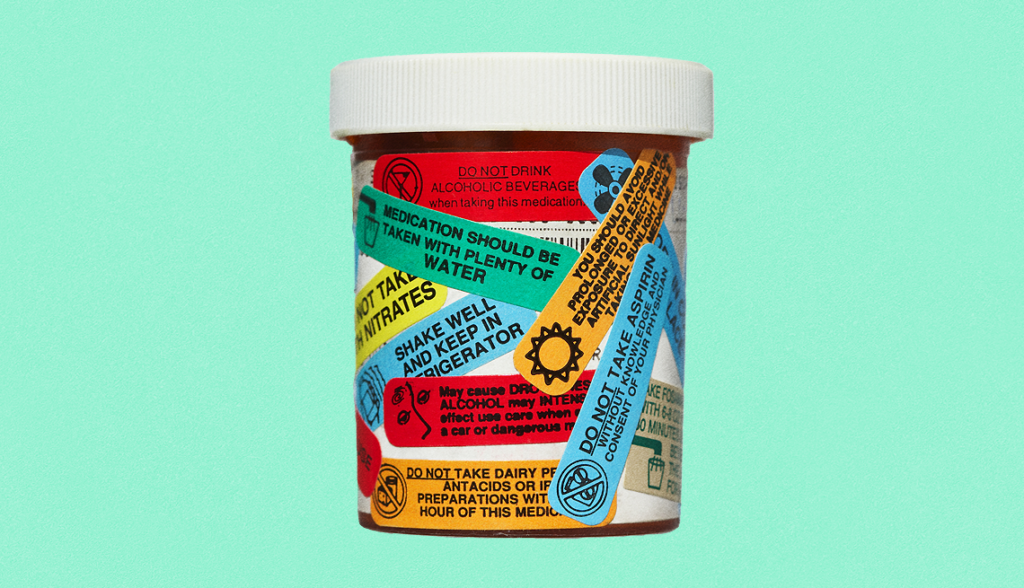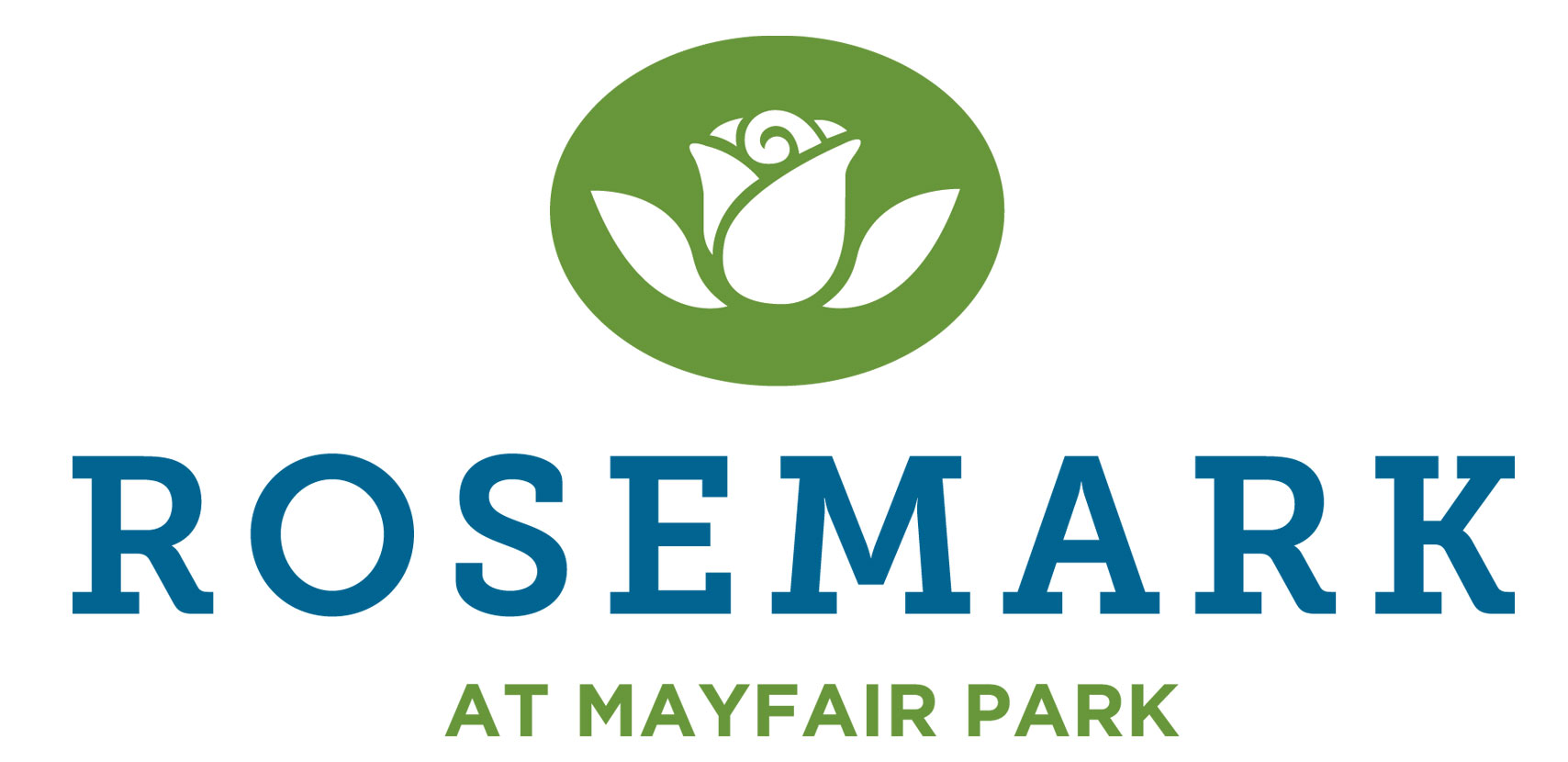11 Medicine Mistakes to Avoid

Taking even one medication correctly and on time each day can be a challenge. In fact, research shows that as many as half of all patients don’t follow their medication instructions properly.
For older adults who often juggle multiple medicines, the challenge is even greater.
“Their regimens are more complicated,” says David Bates, M.D., director of the Center for Patient Safety Research and Practice at Brigham and Women’s Hospital and a professor of medicine at Harvard Medical School. “The more medications you take, the easier it is to get mixed up.”
With each drug having its own dosage, timing and instructions, keeping everything straight can be overwhelming. So it’s no wonder that medication mistakes happen – whether it’s forgetting a dose, taking a drug at the wrong time or misunderstanding the instructions.
Medication mistakes can cause real patient harm, leading to poor outcomes, hospitalization or even death in severe cases. About 15 percent of older adults who seek care from a doctor or a hospital every year have suffered a medication problem, research shows; in about half the cases, the problem was preventable. AARP asked experts to identify some of the ways you’re most likely to mangle your meds, and how to prevent each problem.
1. Mistake: You skip one or more doses
One of the most common medication mistakes is skipping one or more doses, whether it’s an intentional strategy to save money or because you simply forgot. A 2021 study found that 8 percent of American adults, or about 9.2 million people, don’t take their medication as prescribed because of the cost.
While missing a dose or two might not seem like a big deal, it can have significant consequences, Bates says. For instance, if you have diabetes, not taking your insulin can cause life-threateningly high blood sugar levels.
To stay on top of your meds, set reminders on your phone, use a pill organizer or enlist the help of a friend or family member.
If cost is the issue, talk to your pharmacist about options, suggests Chad Worz, a geriatric pharmacist and chief executive officer for the American Society of Consultant Pharmacists. They can search for discounts or talk to your doctor to see if a less expensive medicine can be prescribed.
“Especially if it is a branded drug, the manufacturers might offer a way to afford it,” Worz says. “There are also a lot of programs out there to help.”
To learn about 10 other medication errors you may be making, from AARP, CLICK HERE.
